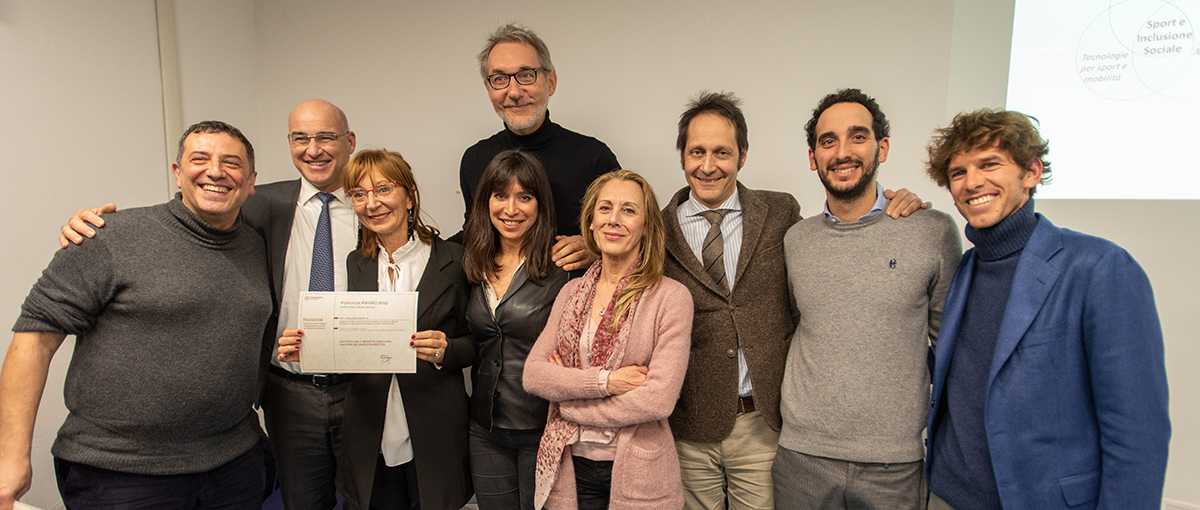
The essential digital skills for the leaders of tomorrow
To be a successful leader you need to have the right mix of soft skills and technical knowledge.
Soft skills, also known as “interpersonal skills“, relate to the way we interact with other people and include reliability, effective communication, problem-solving, people management, change management and more…
Alongside these very important skills, there are hard skills, the job-specific knowledge and technical abilities which are constantly shifting and evolving over time in the dynamic working environment in which we work today.
To manage resources and interact with different teams, you need important leadership skills but also specific digital hard skills that an International Part-time MBA at the MIP School of Business aims to develop in its traditional courses, elective boot camps and company visits.
- Data science skills and the ability to make data-driven decisions: a leader must know how to read and manage data, generate reports and forecasts, identify sales opportunities and estimate profitability since organizations collect and analyze large amounts of data to make objective decisions and transform their processes. In the Data Analysis course, for example, I learned how to apply statistics to business from collecting the relevant data to writing technical reports useful for strategic decision-making.
- Programming and software development: basic programming, web and app development knowledge are required to work with both internal resources and outsourcing agencies. Programming is also important for knowing how to identify opportunities, define specific project objectives and requirements, estimate the times, costs and resources necessary for implementation and guide technicians in development. In this case, the boot camp dedicated to Biomarketing used real cases to show how to use digital technology to analyze the market and to improve our understanding of the customer. Moreover, the company visit to Accenture highlighted how the company supports other businesses in the adoption of cutting-edge technologies and in the development of software used for data collection and analysis with the aim of improving sales strategies, customer management and process transformation.
- Network and information security, cybersecurity and privacy knowledge: the advent of the GDPR in Europe during May 2018 put data security and privacy at the top of the agenda for many project teams. Also, consumers are now more conscious of the risk of sharing their personal information online and they expect to have their data protected. As project leaders, we will need to be able to set guidelines for project delivery that include data security approaches, work with the IT and legal teams and ensure that the required standards for security and privacy are met.
- Social media selling and digital marketing: today, buyers won’t engage with a seller without visiting their company website first. Social selling uses social media to find, connect and develop meaningful relationships with potential customers. Product managers must master digital marketing skills to create digital content and promote products and services. The company visit to Moleskine, in this case, was very impressive. The company is completely digitized in its processes, marketing and customer relations while selling some of the most traditional products on the market: diaries and notebooks.
In the next few years, when we will be in team leader positions, we will be working with a new generation of workers who have grown up in a fully digitalized world. We should use our digital skills to coordinate them, understand their needs, support them with the tools they require, set goals and evaluate their work.
On the other hand, since technology allows new generations to be confused in values and ethics, and to be lazy in habits and have little emotional intelligence, we should teach them the timeless virtues like commitment, responsibility, and the valuable soft skills that they may not understand, like emotional intelligence.
We will learn from them how to take advantage of new technologies and we will use our digital and soft skills to leverage their abilities and create the best working conditions to maximize their performance.
That is the critical role we will play.
About the author
|
|
Andrea De Donatis
I am Andrea De Donatis, a student of the international part-time MBA at MIP Politecnico di Milano. I Graduated in energy engineering and I am currently working in technical sales for a leading multinational electronics company based in Milan. |



















